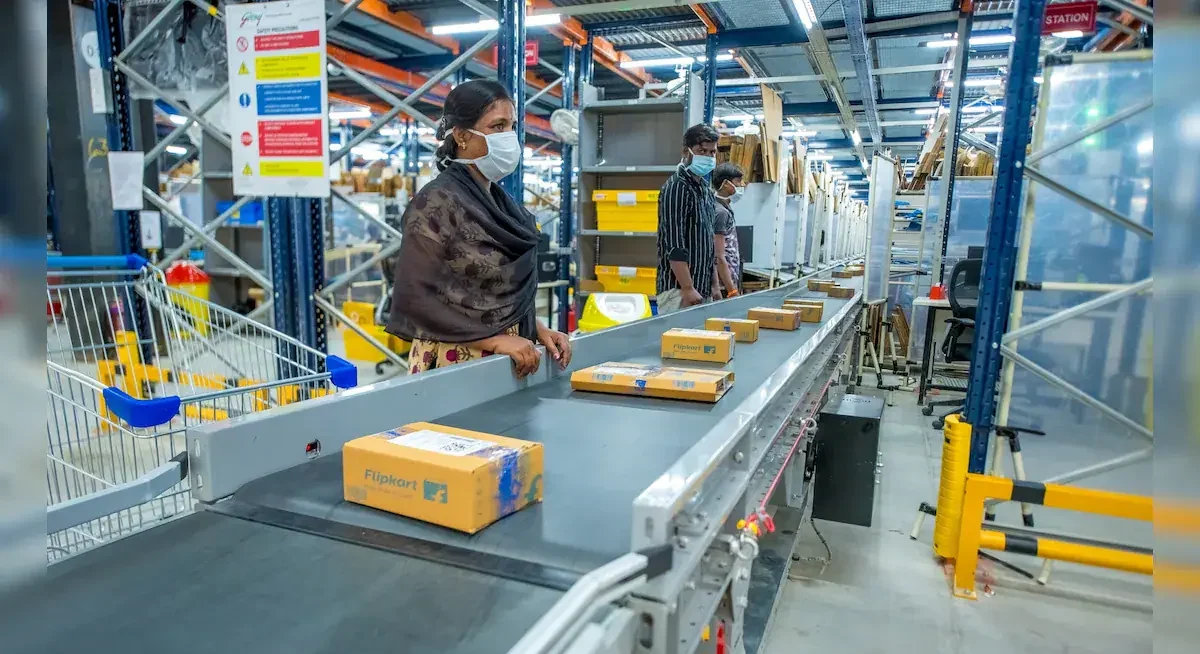Tata Consultancy Services, TCS CEO K. Krithivasan has expressed concerns over the potential fallout of U.S. tariff policies under former President Donald Trump, stating that if uncertainty around trade measures persists, the retail, travel, and automobile sectors will likely bear the brunt.
In an interview with Reuters, Krithivasan noted that ongoing tariff tensions could prompt U.S.-based companies in these consumer-facing sectors to reduce spending — a move that may also ripple across the Indian IT industry. The TCS chief emphasised that uncertainty caused by tariffs could delay decision-making and push firms to trim operational costs, indirectly affecting service providers like TCS.
No Major Disruptions Yet, But Vigilance Urged
Although no significant client withdrawals have been observed so far, Krithivasan urged caution. “Consumer businesses, hospitality, travel, and auto industries are vulnerable. If this uncertainty lingers, companies may be forced to cut back on spending,” he warned.
Contrary to the vulnerable sectors, the TCS CEO believes that banking and financial services are less likely to face immediate disruptions from these trade policies. Notably, BFSI contributes around one-third of TCS’s total revenue, the highest among all verticals, followed by retail and manufacturing.
North America’s Crucial Role in TCS Revenue
With almost 50% of TCS’s top line coming from North America, the market is still a strategic market for the IT giant. The U.S., more than any other country, dominates the growth pattern of Indian IT firms. With the current economic uncertainty between China and the U.S., they have already set off alarm bells globally, and another round of trade restrictions could turn things around.
Outlook for 2026 More Promising Than 2025
TCS recently reported its Q4 earnings, which fell short of analyst expectations. A key observation from the results was a noticeable delay in decision-making by clients regarding IT service spending. However, Krithivasan remains cautiously optimistic. “This uncertainty might only be short-lived,” he said, projecting that FY2026 will likely see a recovery, driven by client focus shifting to long-term digital transformation initiatives, including investment in newer, more efficient software systems.
Market Reaction and Stock Performance
Despite the forward-looking optimism, the company’s stock has faced headwinds. TCS shares have declined by over 25% over the past year, with a 21.26% drop since the beginning of 2025. On April 12, the stock closed at ₹3,238, marking a marginal dip of 0.26%.
As India’s largest IT services exporter and the Tata Group’s most valuable listed entity by market capitalisation, TCS’s performance often acts as a bellwether for the sector. Therefore, global policy changes such as U.S. tariff reforms remain closely watched for Indian markets and IT investors alike.
Also Read: China’s Exports Jump 12.4% in March Despite Tariff Worries























